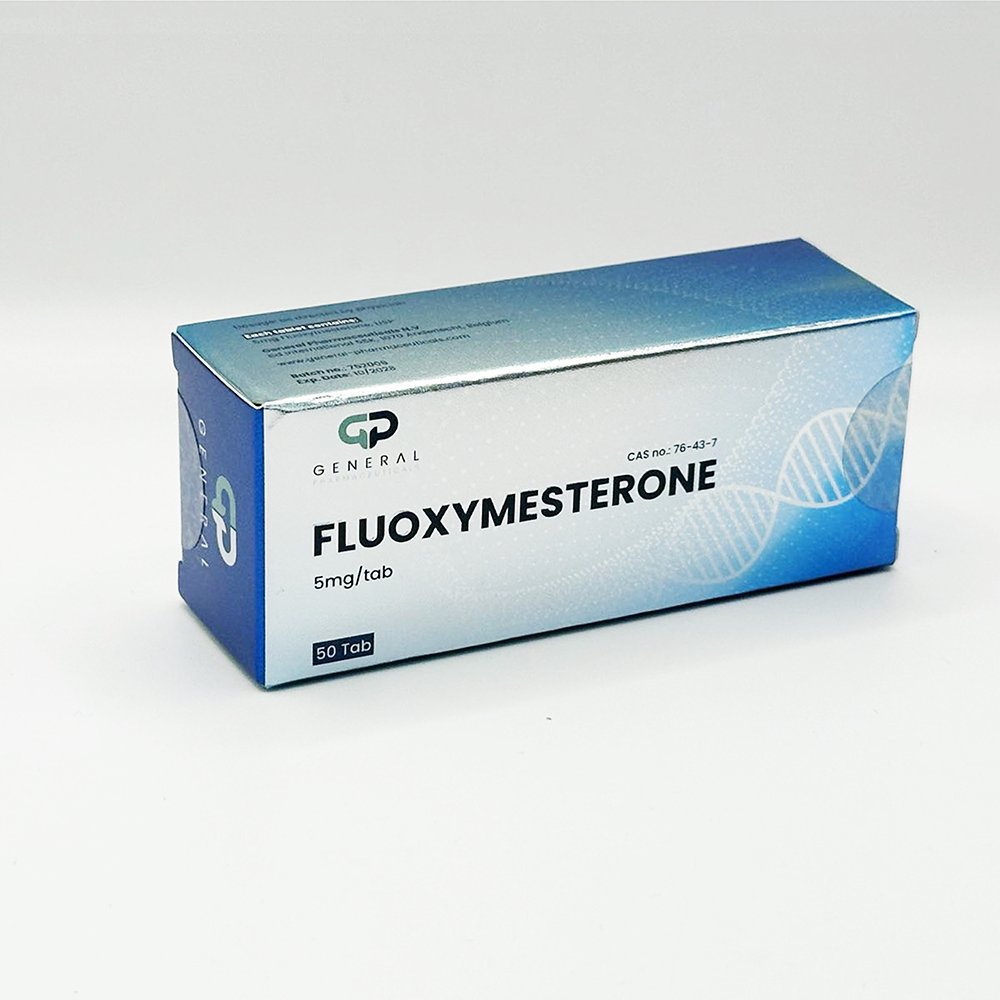
Fluoxymesterone
Fluoxymesterone is a potent synthetic anabolic-androgenic steroid (AAS) derived from testosterone. It is primarily used in medical settings to treat conditions related to testosterone deficiency and certain types of breast cancer in women. Known for its strong androgenic properties, fluoxymesterone has applications in stimulating male puberty and promoting anabolic processes, including muscle growth and recovery.
Medical Uses
Fluoxymesterone is used to treat hypogonadism in males, a condition where the body produces insufficient amounts of testosterone. It is also prescribed to stimulate delayed puberty in adolescent males. In women, fluoxymesterone is sometimes used as part of palliative therapy for hormone-responsive breast cancer. Its ability to suppress estrogen production can slow the growth of certain tumors.
Mechanism of Action
Fluoxymesterone binds to androgen receptors in target tissues, triggering a cascade of effects that mimic natural testosterone. This activity promotes protein synthesis, increases red blood cell production, and supports tissue growth and repair. Additionally, fluoxymesterone exerts anti-estrogenic effects by inhibiting aromatase activity, which reduces estrogen levels, contributing to its efficacy in breast cancer treatment.
Side Effects
Like other anabolic-androgenic steroids, fluoxymesterone may cause a range of side effects. Common effects include acne, oily skin, and changes in libido. Prolonged use can lead to more serious issues, such as liver toxicity, cardiovascular complications, and hormonal imbalances. In women, virilization effects—such as deepening of the voice and increased facial hair—can occur. It is crucial to use fluoxymesterone under strict medical supervision to minimize risks.
Interactions
Fluoxymesterone can interact with anticoagulants, potentially enhancing their effects and increasing the risk of bleeding. It may also affect blood sugar levels, requiring adjustments in diabetes medications. Concurrent use with other steroids or medications metabolized by the liver can increase the strain on hepatic function. Patients should disclose all medications and supplements they are taking to their healthcare provider to ensure safe administration.

